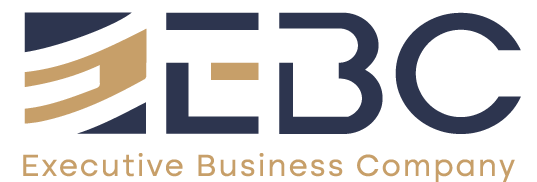
To book a consultation and schedule an appointment
Do not hesitate to contact us at any time...
Get to know me
In light of increasing competition and evolving governance and quality requirements, internal auditing and review have become essential to ensuring operational excellence and the sustainability of corporate performance.
Our company provides professional auditing services that focus on accurately analyzing operational and administrative processes and procedures to identify opportunities for improvement and enhance compliance with local and international regulations and standards.
We help your organization build an effective audit system that ensures transparency, reveals weaknesses, and turns findings into actionable corrective plans to achieve the highest levels of quality and efficiency.




Internal auditing contributes to ensuring that departments adhere to approved policies and procedures, and enhances the level of transparency and institutional discipline.
Audits allow for the detection and correction of weaknesses in operational procedures before they cause losses or disruptions in performance.
Periodic review helps in assessing compliance with quality systems such as ISO and local and international governance requirements.
The audit results provide accurate and reliable reports that support decision-makers and increase the confidence of partners and stakeholders in the integrity of internal performance.
By identifying potential risks and developing corrective and proactive plans to avoid them before they affect the stability of the facility.
Internal auditing helps build an organizational culture based on continuous improvement, which enhances organizational excellence and competitiveness in the market.
The existing systems and procedures within the company are evaluated to determine their compliance with quality requirements and regulatory standards.
A comprehensive audit plan is designed that defines the scope of work, priorities, and timelines in accordance with the organization's objectives and accreditation requirements.
Detailed reviews of operations and departments are conducted through interviews, analysis of documents, and workflow within the facility.
Accurate reports are prepared that include strengths, opportunities for improvement, and potential risks, along with practical and actionable recommendations.
Action plans are formulated to correct deviations and improve performance, with implementation responsibilities and timelines defined.
Subsequent periodic reviews are carried out to ensure that the recommendations are implemented and that improvements continue in the systems and operational processes.




It is a systematic process aimed at verifying the extent to which departments and procedures within the facility adhere to quality standards and approved policies, with the goal of improving performance and ensuring operational efficiency.
Yes, it is a key component of the Quality Management System (TQM/ISO), as it helps to monitor strengths and opportunities for improvement to ensure sustainability and compliance with international standards.
Internal auditing is carried out by a team within the facility or a consulting firm to monitor ongoing performance, while external auditing is conducted by independent accreditation bodies to verify that the system conforms to ISO standards or national accreditation bodies.
It is preferable to implement it periodically (quarterly or semi-annually) depending on the nature of the facility's activity and the number of operational processes to ensure continuous improvement.
It helps to improve operational efficiency, reduce errors and waste, and enhance the confidence of customers and regulatory authorities in the facility's performance and the quality of its services.
Yes, it can be implemented as an internal development procedure to improve performance and prepare in advance of applying for institutional accreditation.



Do not hesitate to contact us at any time...
